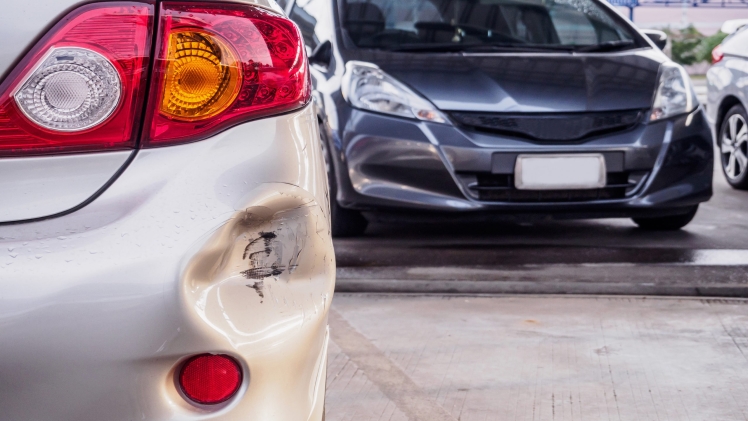Drivers in Seattle, Washington State, are notorious for their inability to obtain insurance. Despite the possibility of a $550 fine, the Insurance Information Institute estimates that 15.1% of Washington drivers are uninsured. That’s a lot worse than the national average of 12 percent, and it puts Washington in tenth place in the country. You may consider adding the following specific coverages to your insurance or hiring the Seattle personal injury attorney to protect yourself from uninsured drivers.
However, in the meantime, these are some things you can look into your insurance.
Personal Injury Insurance
Regardless of who is at fault, Personal Injury Protection (PIP) coverage compensates for your medical bills and lost wages due to a motor vehicle accident. As a result, even if the other driver is uninsured or the accident was your fault, you will be compensated for at least $10,500 in medical expenditures (you may pay for higher coverage, which is normally $30,000). Most private insurance is inferior to this medical insurance. There are no co-pays or deductibles. You can see any physician you like, and there are no restrictions on visits (such as chiropractic or physical therapy sessions). Personal injury protection is a fantastic deal and comes highly recommended.
Coverage for uninsured and underinsured motorists
When a person is harmed by another driver who does not have enough insurance to cover their damages, uninsured and underinsured (UIM) motorist coverage offers compensation to the injured party. For example, suppose the at-fault motorist does not have insurance or has insufficient coverage. In that case, your own insurance company fills in for the at-fault driver to compensate the injured party.
And in the end, don’t blame yourself
Accept no responsibility for the accident, even if it is just half responsibility. If you accept even partial responsibility for the accident, even if unintentionally, you may be liable for a portion of the damages. That means your insurance may be required to cover the other driver’s car and injuries as well as your own. Avoid making any statements that may be seen as an admission of guilt for the accident and your injuries; the other motorist can use even seemingly benign remarks like “I’m so sorry this occurred” against you if taken out of context. Respond truthfully to any police queries, but avoid going into unnecessary detail or making any potentially incriminating remarks.

